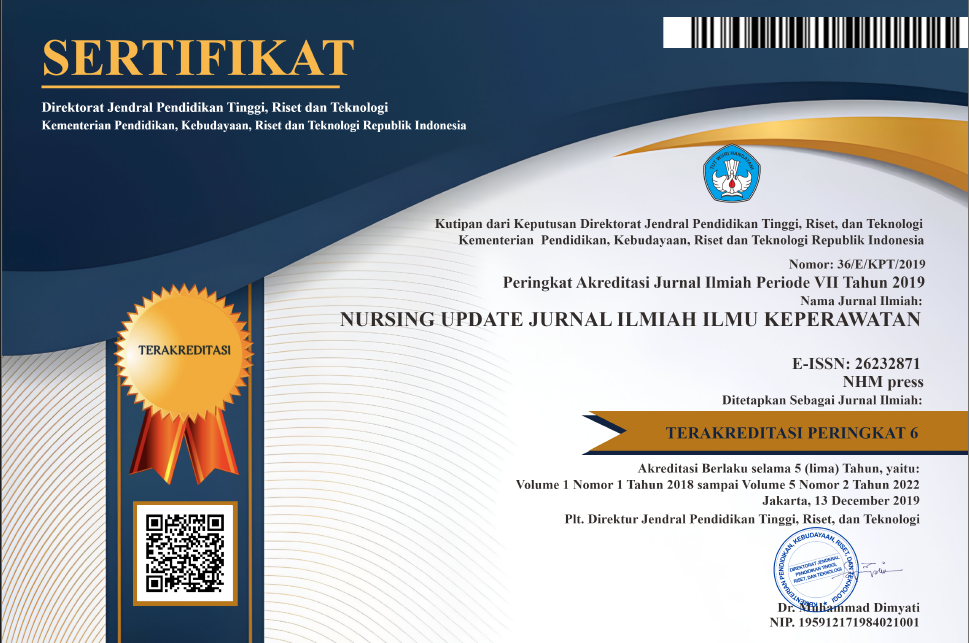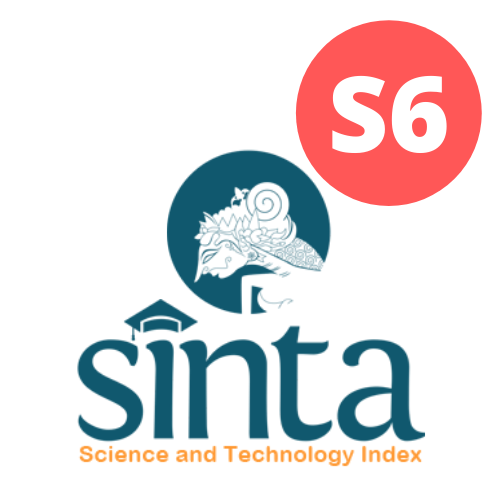ANALISIS FAKTOR (ATTITUDE, SUBJECTIVE NORM, PERCEIVED CONTROL) YANG MEMPENGARUHI NIAT IBU DALAM PENCEGAHAN STUNTING DENGAN PEMBERIAN ASI EKSKLUSIF BERDASARKAN THEORY OF PLANNED BEHAVIOR
Abstract
Exclusive breastfeeding has a great contribution to the growth and development and endurance of children. Children who are exclusively breastfed will grow and develop optimally and do not get sick easily. Based on preliminary studies, data were obtained as much as 60% of mathers intentions in stunting prevention (exclusive breastfeeding). The purpose of the study is to analyze the factors on influence mather intentions in stunting prevention, namely: attitude, subjective norm, perceived control, in preventing stunting.
This study used observational analytics with cross-sectional design. The study population mothers who had babies aged 0-6 months, a total of 72 people in Jaddih Village. Sample size: 61 respondents. The independent variables were attitude, subjective norm, perceived control. and the dependent variable was intention. The instrument in this research used 4 questionnaires which were modified by the researcher. Sampling technique; purposive sampling. Data analysis: spearman rank.
The results of the spearman rank test of the attitude variable with intention get a p value of 0.001 (0.05) then there is a relationship between attitude and intention. Norm variables with intention get a p value of 0.002 (0.05) then there is a subjective norm relationship with intention. The perceived variable with intention is assigned a p value of 0.001 (0.05) then there is a relationship between perceived control and intention. The conclusion of this study is that there is a relationship between attitude, subjective norm, perceived control and the intention of mothers to provide exclusive breastfeeding in stunting prevention.
Suggestions for respondents are expected to add insight so that they are maximized in carrying out stunting prevention by improving attitude, subjective norms, perceptions of control so that mothers will have the intention to practice fulfilling nutritional intake in stunted children. Especially in mothers who have babies aged 0-6 months. Information from this study is expected to increase the active role of the community in stunting prevention, one of which is the benefits of health services










